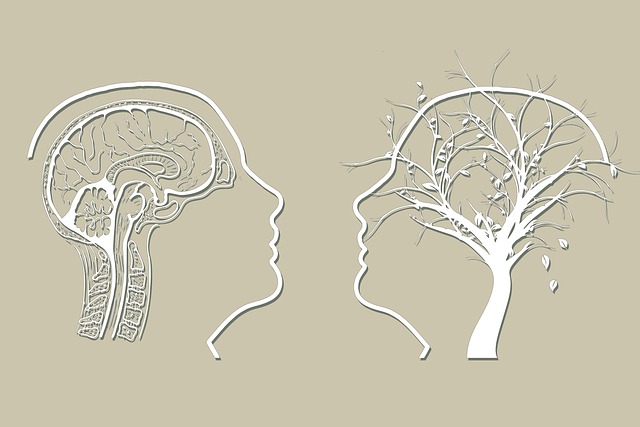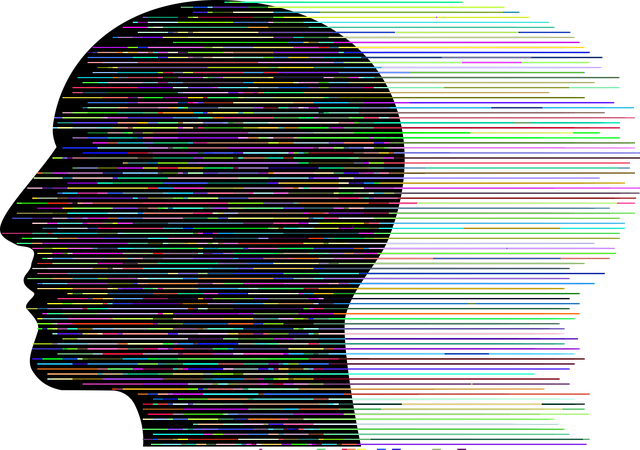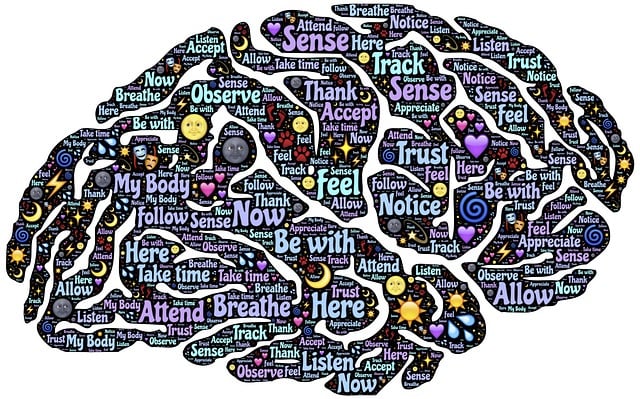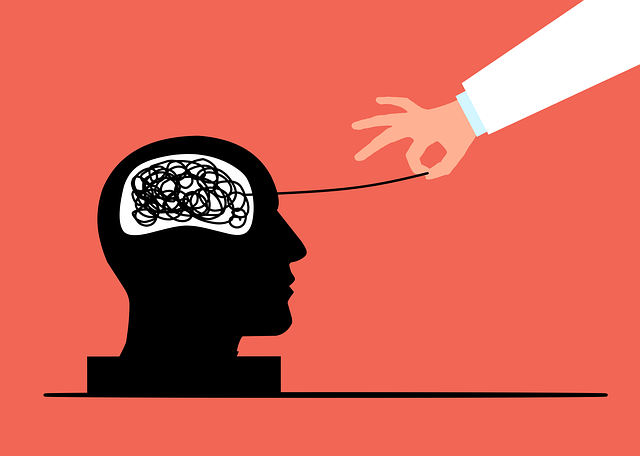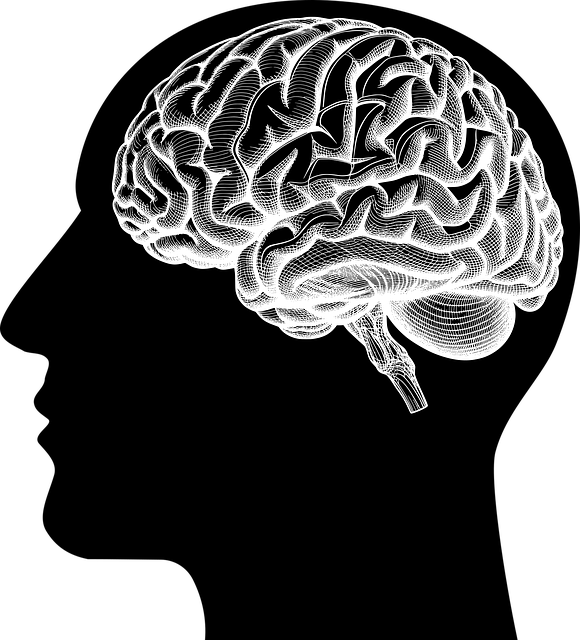Effective mental health education, crucial in today's stressful world, addresses issues like depression, anxiety, and sexual addiction, as seen through Denver Sexual Addiction Therapy (DSAT) practices. With healthcare professionals at risk of burnout due to high-stress environments, incorporating emotional regulation and burnout prevention strategies is vital. A comprehensive program, modeled after DSAT, includes interactive workshops, evidence-based practices, stress management, and cultural sensitivity. This approach not only empowers individuals for mental wellness but also fosters collective responsibility in creating a supportive society. The DSAT model, backed by Dr. Patrick Carnes, integrates cognitive-behavioral therapy and group therapy for successful recovery from sexual addiction.
Mental health is a vital aspect of overall well-being, yet many individuals struggle with understanding and addressing related issues. This article explores the design of comprehensive mental health education programs, emphasizing their role in fostering awareness and resilience. We delve into key components for effectiveness, drawing insights from innovative models like the Denver Sexual Addiction Therapy approach. By examining these strategies, we aim to guide the creation of impactful programs that can positively influence individuals’ mental well-being and overall quality of life.
- Understanding Mental Health Issues and Their Impact
- Key Components of an Effective Education Program
- Implementing the Denver Sexual Addiction Therapy Model
Understanding Mental Health Issues and Their Impact

Understanding mental health issues is a foundational step in designing effective education programs. In today’s world, where stress and anxiety are prevalent, especially among healthcare providers, it’s crucial to recognize that mental health problems can manifest in various forms, including depression, anxiety disorders, and even sexual addiction, as seen in Denver Sexual Addiction Therapy practices. These issues significantly impact individuals’ daily lives, relationships, and overall well-being, making comprehensive education essential.
The burden of mental health disorders is particularly heavy on healthcare professionals who often face high-stress environments and demanding work schedules, which can lead to burnout. Incorporating topics like emotional regulation and burnout prevention strategies for healthcare providers in educational programs is vital. Additionally, risk assessment for mental health professionals should be a priority, ensuring practitioners are equipped with the knowledge to identify and manage their own mental health while providing support to their clients.
Key Components of an Effective Education Program

An effective mental health education program is multifaceted, aiming to equip individuals with comprehensive knowledge and skills for enhancing their mental wellness and managing challenges. At Denver Sexual Addiction Therapy, we’ve found success lies in a structured approach that includes interactive workshops, evidence-based practices, and real-world application scenarios. These programs should cover a range of topics such as stress management, emotional regulation strategies, and awareness of mental health disparities, fostering an environment where participants feel empowered to seek help and support for themselves or others.
Additionally, integrating components like Mental Health Policy Analysis and Advocacy ensures that learners understand the broader systemic issues impacting mental wellness. Equipping them with advocacy skills promotes a collective responsibility for improving access to quality care. Furthermore, incorporating Risk Management Planning for Mental Health Professionals is vital to ensure practitioners can navigate potential risks and challenges while providing effective support. Through these key components, education programs become transformative tools, not just for individual growth but for creating a more supportive and inclusive society.
Implementing the Denver Sexual Addiction Therapy Model

Implementing the Denver Sexual Addiction Therapy (DSAT) Model is a significant step toward addressing sexual addiction and promoting mental wellness. This evidence-based approach, pioneered by Dr. Patrick Carnes, emphasizes a comprehensive understanding of sexual behavior and its impact on individuals and relationships. The DSAT Model incorporates various therapeutic techniques, including cognitive-behavioral therapy, group therapy, and educational workshops, to help individuals recover from sexual addiction and reduce the stigma associated with mental illness.
Incorporating cultural sensitivity in mental healthcare practice is integral to the success of any intervention strategy, including DSAT. By recognizing and respecting diverse cultural beliefs and values related to sexuality, therapists can create a safe and supportive environment for clients. This approach not only enhances therapeutic outcomes but also contributes to Mental Illness Stigma Reduction Efforts by fostering an inclusive and non-judgmental atmosphere. Additionally, producing a Mental Wellness Podcast Series based on the DSAT Model can further engage communities, providing accessible information and support for those dealing with sexual addiction.
Mental health education programs play a pivotal role in fostering well-being and understanding. By integrating key components, such as comprehensive training, interactive workshops, and evidence-based models like the Denver Sexual Addiction Therapy (DSAT) approach, we can create effective interventions. DSAT’s success lies in its holistic nature, addressing sexual addiction with a focus on personal growth and recovery. This strategic design ensures that individuals gain valuable insights, develop coping strategies, and access support systems, ultimately enhancing mental resilience and community health.




